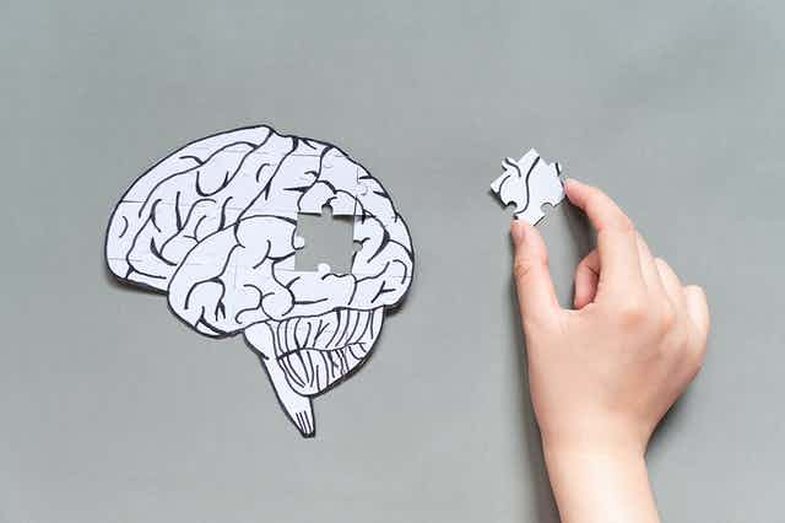
A study in June took data from just over 500 Germans, with an average age of about 70 years. More than 300 had relatives with Alzheimer’s or were already showing signs of the disease themselves. Those who ate mostly fish, vegetables, whole grains, olive oil, fruits and nuts - had more brain volume in regions vulnerable to Alzheimer's disease and better memory (Ballarini et al., 2021).
"We have combined several types of data to better understand this protective effect of diet," lead author Tommaso Ballarini of the German Center for Neurodegenerative Diseases told MedPage Today, on the idea that diet "can act as a deterrent against Alzheimer's progression" ".
Last year, data from two trials in the U.S. with more than 6,000 participants found that eating fish protects the brain. In a data set with more than 3,300 participants, researchers measured cognitive performance at two, five, and ten years. The rate of decline in the last five years has been slower in those who eat more fish. Eating more vegetables and nuts and drinking less alcohol also helped.
How can I protect myself from cognitive decline?
The best diet tips so far: Eat fatty fish, vegetables, whole grains, fruits and nuts.
Obesity and type 2 diabetes are important risk factors for Alzheimer’s, so anything you can do to lose weight and manage your blood sugar is essential.
What about supplements?
To date, no strategy for taking probiotic supplements has been shown to affect Alzheimer’s (Kruger, 2021).
However, omega-3 supplements have been shown to promote short-chain fatty acids, linked to improved intestinal health.
Laboratory research and population studies support the idea that omega-3 supplements are good for the brain as well as the rest, but supplement studies have often had mixed results.
Most importantly, nutrition remains!
Burimi: Psychology Today





